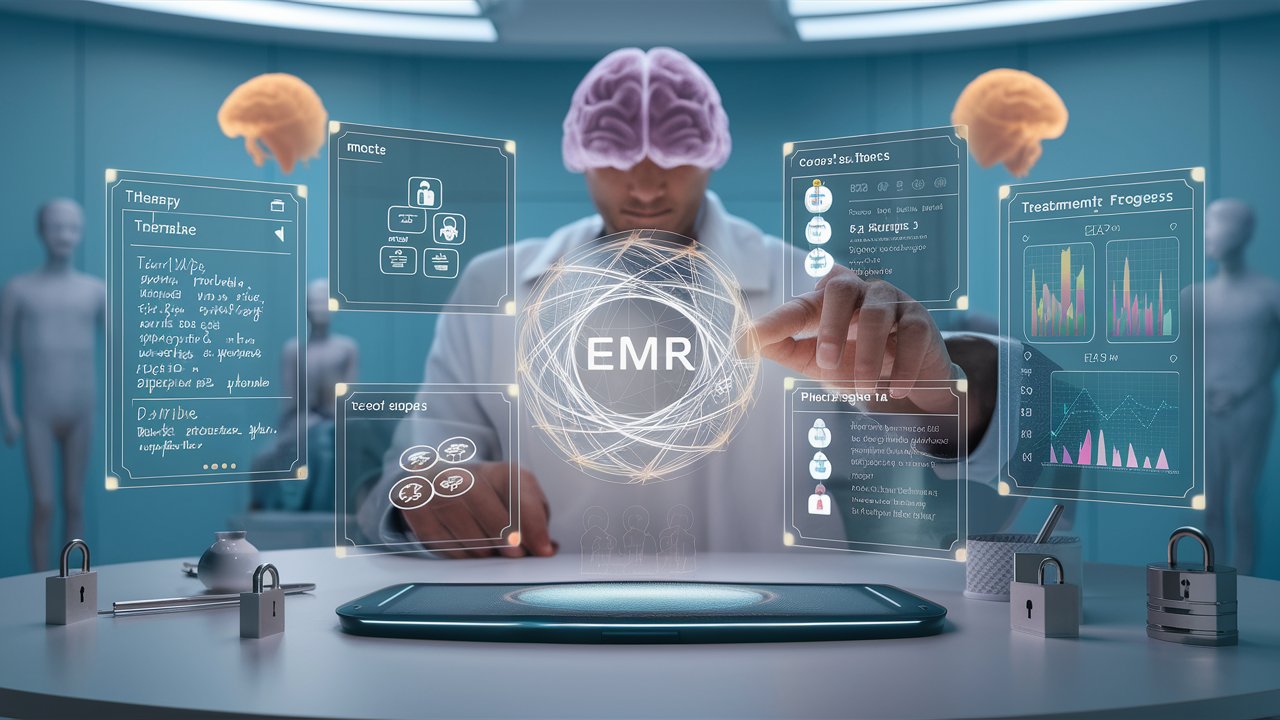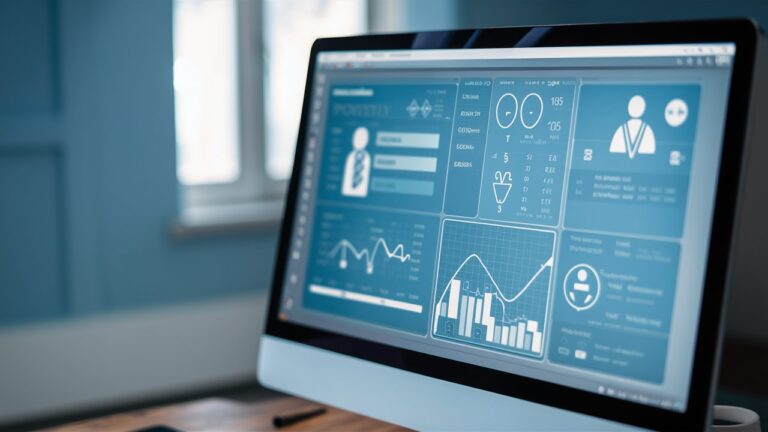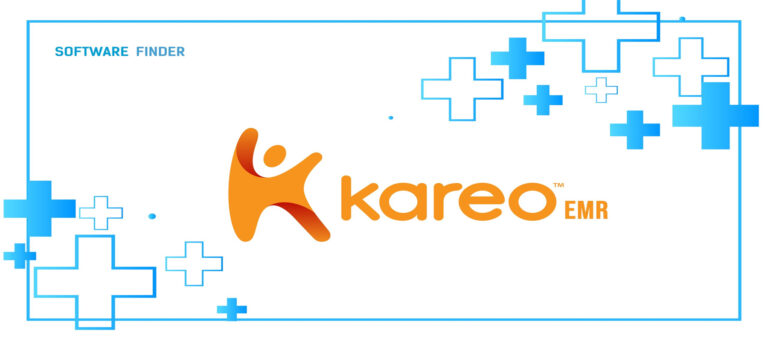As technology continues to advance, the future of psychiatric EMR systems looks promising.
These emerging trends are set to further enhance patient care, improve clinical decision-making, and increase patient engagement.
Let’s explore some of the key developments on the horizon:
1. AI and machine learning integration
Artificial Intelligence (AI) and machine learning are poised to revolutionize psychiatric EMRs:
- Predictive analytics: AI algorithms can analyze vast amounts of patient data to predict potential mental health crises or disease progression, allowing for more proactive care.
- Treatment recommendations: Machine learning models can suggest evidence-based treatment options based on patient history and outcomes from similar cases.
- Natural Language Processing (NLP): Advanced NLP can help convert unstructured clinical notes into structured data, making it easier to analyze and use in decision-making.
- Automated coding and billing: AI can improve the accuracy of diagnostic coding and streamline the medical billing process, reducing administrative burden.
2. Telepsychiatry and remote care capabilities
The integration of telepsychiatry features into EMRs is becoming increasingly important:
- Video consultation integration: Seamless incorporation of video calls within the EMR interface, allowing for easy documentation during remote sessions.
- Remote monitoring tools: Integration of apps or wearable devices to track patients’ mood, sleep patterns, or medication adherence between sessions.
- Virtual waiting rooms and scheduling: Advanced scheduling systems that manage both in-person and virtual appointments efficiently.
- Secure file sharing: Enhanced capabilities for sharing and reviewing documents, test results, or homework assignments during virtual sessions.
3. Patient portals and engagement tools
Future EMRs will likely place greater emphasis on patient engagement:
- Interactive treatment plans: Patients can view their treatment plans, track their progress, and provide feedback through the portal.
- Self-assessment tools: Integration of validated psychological assessment tools that patients can complete at home, with results automatically added to their records.
- Educational resources: Customized information and resources based on the patient’s diagnosis and treatment plan.
- Appointment management: Allowing patients to schedule, reschedule, or request appointments directly through the portal.
- Secure messaging: Enhanced communication tools for non-urgent questions or concerns, promoting continuous care between sessions.
- Medication reminders and tracking: Tools to help patients manage their medication schedules and report side effects.
These advancements in psychiatric EMRs have the potential to significantly improve the quality and accessibility of mental health care.
By leveraging AI, enhancing remote care capabilities, and increasing patient engagement, future EMR systems will empower psychiatrists to provide more personalized, efficient, and effective care.
As these technologies evolve, it will be crucial for mental health professionals to stay informed and adapt their practices to make the most of these innovative tools.
The future of psychiatric EMRs promises to bring about a new era of data-driven, patient-centered mental health care.







Leave a Reply